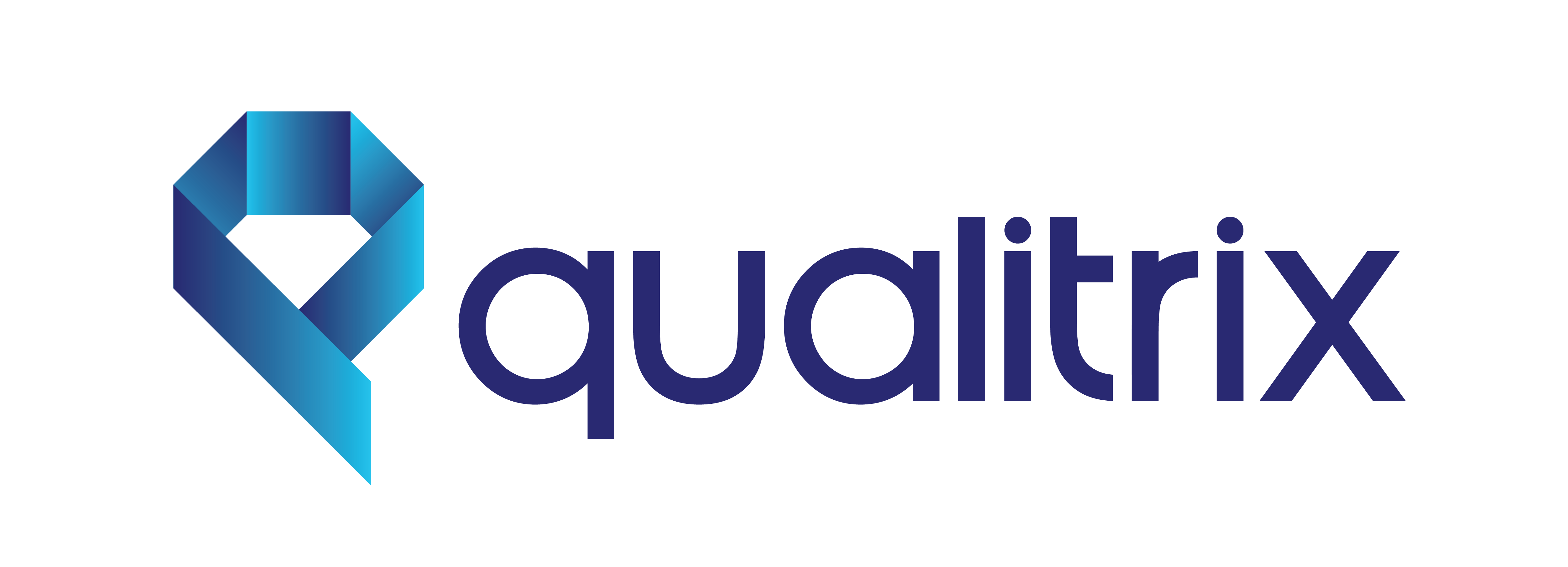In today’s fast-paced software development world, delivering high-quality products quickly is paramount. Manual testing, while crucial, often becomes a bottleneck due to its time-consuming and repetitive nature. This is where test automation steps in, offering a powerful solution to enhance software quality and streamline the testing process.
What is Test Automation?
Test automation involves using specialized tools and scripts to automate the execution of test cases. These scripts mimic user actions and interactions with the software, allowing for:
- Repetitive testing: Automated tests can be run repeatedly without human intervention, saving valuable time and resources.
- Increased test coverage: Automation enables running more tests than manually possible, leading to a more comprehensive and thorough evaluation of the software.
- Improved accuracy: Automated tests are less prone to human error, ensuring consistent and reliable testing results.
- Faster feedback: By automating regression testing, developers receive immediate feedback on code changes, allowing for quicker bug identification and resolution.
Benefits of Test Automation
Integrating test automation into your software development process can offer numerous benefits:
- Enhanced Software Quality: By expanding testing coverage and minimizing human error, you can identify and address potential issues early in the development cycle, leading to a more robust and reliable final product.
- Increased Efficiency: Automation frees up valuable time for your testing team to focus on more complex and exploratory testing, while ensuring critical regression testing is done efficiently.
- Reduced Costs: While there’s an initial investment in setting up automation tools and creating scripts, the long-term cost savings through increased efficiency and reduced manual effort can be significant.
- Faster Time to Market: Automation helps expedite the testing process, allowing you to release software updates and features more quickly.
- Improved Developer Confidence: Automated regression testing provides developers with continuous feedback and verification of code changes, boosting their confidence and reducing the risk of regressions.
Getting Started with Test Automation
The decision to implement test automation requires careful consideration. Here are some key steps to get you started:
- Identify suitable test cases: Not all test cases are ideal for automation. Start by prioritizing repetitive, regression-oriented tests that provide high value.
- Choose the right tools: Numerous automation tools cater to different needs and budgets. Evaluate your requirements and select a tool that best suits your project and team’s skillset.
- Build your automation framework: This involves establishing a structure for designing, developing, and executing automated tests.
- Train your team: Equip your team with the necessary skills to create and maintain automated tests effectively.
- Start small and scale gradually: Begin with a small set of automated tests and gradually expand your automation scope as you gain experience and confidence.
Remember: Test automation is not a replacement for manual testing, but rather a complementary tool that enhances the overall testing process. By combining the strengths of both manual and automated testing, you can achieve a comprehensive and efficient approach to ensuring exceptional software quality.
Ready to embrace the power of test automation?
We invite you to explore our comprehensive testing services and discover how Qualitrix can be your trusted partner on the path to software excellence. Contact us today to discuss your specific project needs and take the first step towards a successful and high-quality software release.
Why Qualitrix?
At Qualitrix, we understand the critical role software testing plays in delivering exceptional products. We leverage our extensive experience and expertise across diverse industries to provide comprehensive testing solutions tailored to your unique needs.
Here’s what sets us apart:
- Unmatched Expertise: Our team of certified professionals boasts in-depth knowledge of the latest methodologies, tools, and technologies, ensuring they’re equipped to tackle any testing challenge.
- Agile Approach: We embrace an agile testing philosophy, seamlessly integrating with your development process to deliver continuous feedback and facilitate rapid iteration.
- Scalability and Flexibility: Whether your project is small-scale or large-enterprise, we have the resources and flexibility to scale our solutions to match your requirements.
- Unwavering Commitment to Quality: Quality is at the core of everything we do. We utilize industry best practices and rigorous quality control measures to ensure the highest standards are consistently met.
- Transparent Communication: We believe in open and transparent communication, fostering a collaborative environment where we work closely with you every step of the way.

